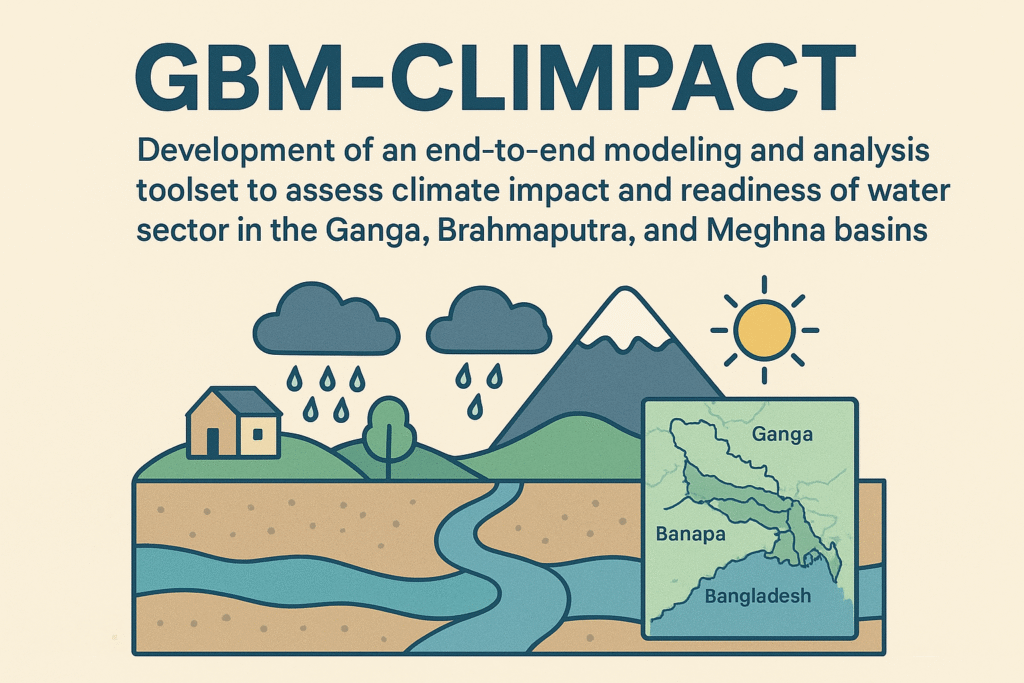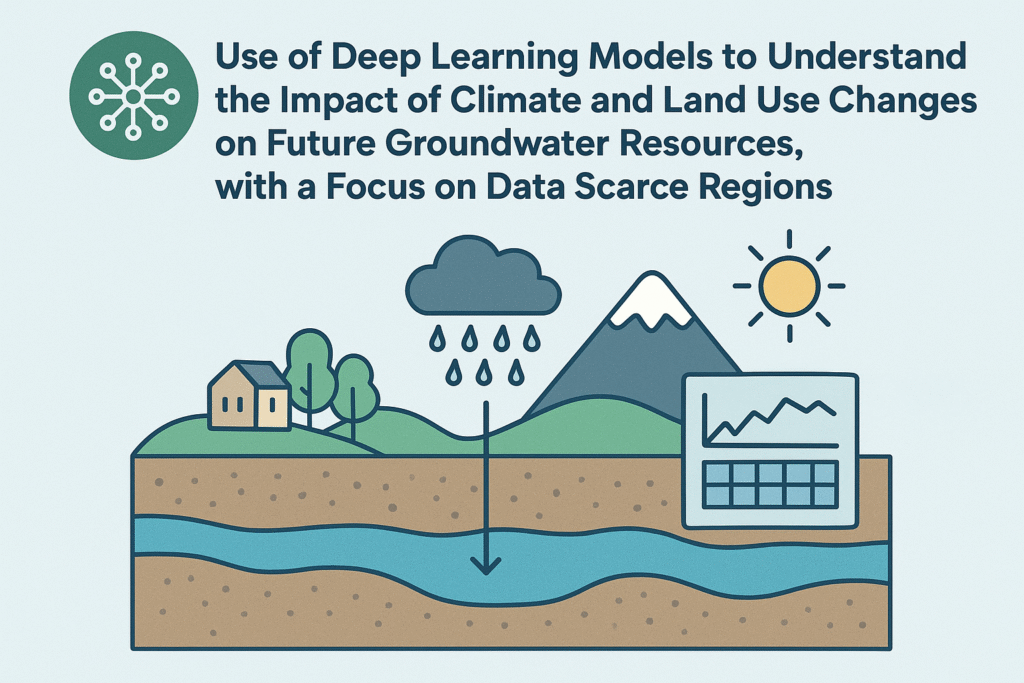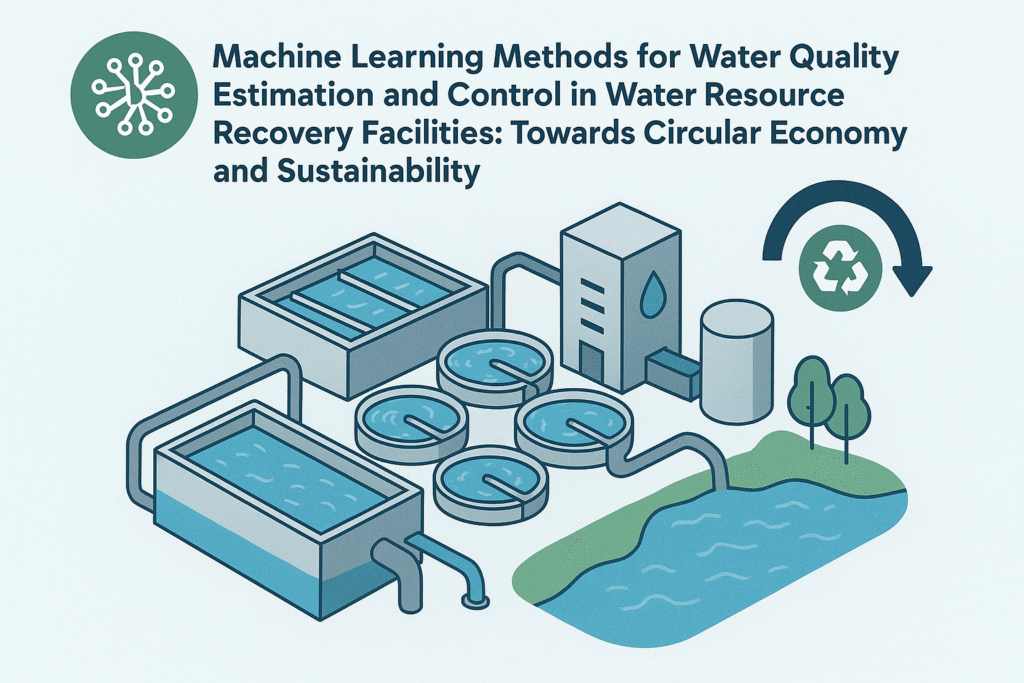ABOUT THE PROJECT
This project strives to identify some of the key water borne pathogens in Indian and Canadian water bodies, and to deploy a novel nanoparticle-based water treatment system to eliminate toxins and micro-organizsms from water. The research further aims to develop a better understanding of the role of invasive acquatic plants and the overall relationship between water quality and human health indix.
NOTABLE ACHIEVEMENTS (November 2016)
- Community surveys have been conducted and health outcomes have been reporting showing presence of a variety of water-related issues including typhoid fever, jaundice, and diarrhoea.
- Researchers have completed design of the biosensor device
- The research has led to the filing of a US provisional patent in September 2016, “Nanoparticle enhanced impedance-based molecular sensing”
PROJECT UPDATE (April 2016)
Preparations for the mesocosm experiments to evaluate the phytoremediation potential of fast spreading aquatic plant species are underway. Researchers have finished up a phylogeographic comparison study looking at the phenotypic and genetic diversity of Phragmites australis populations in native and non-native ranges. The results have shown significant among- and within-population variation for all measured traits, except for leaf width. Invasive haplotypes showed the highest values for the characters that were studied suggesting differential functional traits between exotic and native populations.
A fluidic handling system has been designed in the laboratory for the project’s water samples. Researchers plan to use aptamers for multiplex analyte detection and are currently testing different oligonucleotide primers specific to Escherichia coli, Aeromonas hydrophila, Salmonella spp., using PCR.
RESEARCH ABSTRACT
Traditional and standard methods to identify different contaminants (biological or chemical) in waters are slow, laborious, and can require specialized expertise. Hence, the rapid determination of water quality using more sensitive and reliable biosensor based approaches attains special importance. In view of deteriorating water quality in both Canada and India, and rather contradictory report on water quality status, the use of biosensor based approaches promise to lend considerable precision to understanding overall quality of water. Moreover, identification of water borne human pathogens through metagenomic studies and understanding of invasive plants as support surfaces of such pathogens are first attempts in this direction.
This project will aim to answer several key questions in this area, including: (1) To what extent does water quality deterioration influence human health indexes, (2) To what extent can gold nano particle based impedance devices amplify signal and replace polymerase chain reactions, (3) Can nanoparticles oxidize water-borne micro-organisms, can photosensitive nanocrystals oxidize toxins, (4) What is the extent to which invasive aquatic plans provide active surfaces for water borne pathogens, and (5) What is the efficiency of invasive species for sequestration of heavy metals and other toxic organic substances.
Project Team
Dr. Damase P. Khasa, Laval University
Dr. Manzoor Ahmad Shah, University of Kashmir
Dr. Jie Chen, University of Alberta
Dr. Z.A. Reshi, University of Kashmir
Partners
Université Laval
University of Kashmir
University of Alberta
Lake Winnipeg Research Consortium, University of Manitoba
Ducks Unlimited, Manitoba
Viridis Terra Innovations, Sainte-Marie, Quebec
City of Rouyn-Noranda, Quebec
Fort McKay First Nation Community
Current Number of Students: 14
Key Outcomes
Publications: 5
Presentations: 1
Patents: 1



